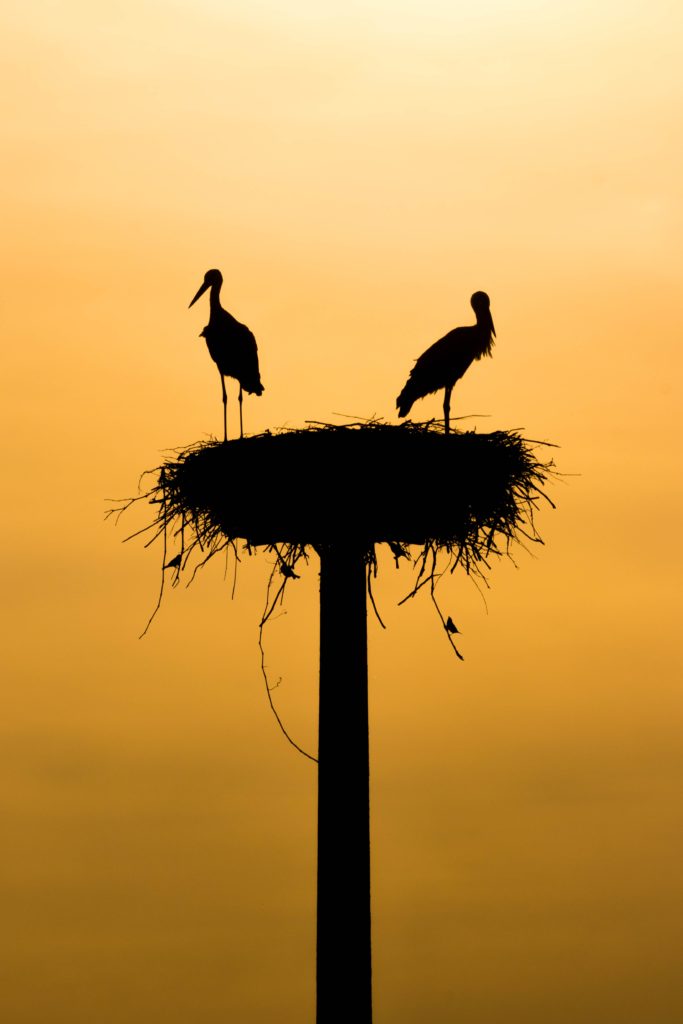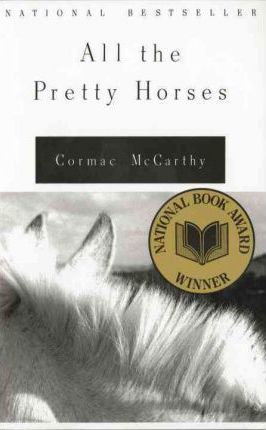
A few years ago, my moms and sister had a kind of competition. For 30 days, whenever one of them gave the other a compliment, the recipient had to receive it graciously. That was it. That was the whole competition.
At some point, they’d realized they were doing what I’ve been noticing female colleagues doing lately. They’d deflect, demur, or negate the compliment.
Instead, the challenge was to simply say, “Thank you,” and let the compliment stand.
At work, the deflection has led to unexpected escalation.
Example
Me: Wow, you are incredibly thoughtful and good at what you do. We’re all so fortunate to work with you.
Her: No, I’m not.
Me: Yes, you really are.
Her: No. I didn’t really do anything anyone else couldn’t do.
Me: Are you kidding? That’s what I’m saying. No one else did think to do it, and you did.
Her: I’m just part of the team.
Me: Yes, and I’m saying this team is so much better for having you on it.
Her: I don’t know about that.
Me: I will stop complimenting you now.
I’ve had some version of this conversation with female-identifying co-workers over and over again. It’s gotten so that I can feel it starting and have started actively deciding whether or not I’ve the energy to see it through.
The male version is different.
Example
Me: Wow, you are incredibly thoughtful and good at what you do. We’re all so fortunate to work with you.
Him: Yeah, thanks, I like doing thing X.
It’s a subtle difference.
I’ve little doubt we start building this habit in school. With boys, we build many more opportunities to be the star, and we encourage it. In girls, we aculturate support roles and expect them to blend in. Consider the weekly football/basketball game. It is much more likely you’ve left a game talking about the star player of the game – a star quarterback, a player who couldn’t miss a shot all night long. Now, think of the cheerleading squad. First, you’re not likely, as a passive observer to know any particular cheerleader’s name. Whats more, you’ve likely never left a game and talked about how a particular cheerleader had a particularly good night.
Even my ability to use the example above reinforces the expectation. Nothing is inherently male or female about basketball, football, or cheerleading. Still, I could offer up each activity with confidence you’d unquestioningly picture boys on the field or court and girls on the sidelines. It’s problematic.
We replicate these roles and expectations in our classrooms as well. We make it acceptable for boys to stand out and make it taboo for girls.
One effect is compliment discomfort. In light of #MeToo, I’ve been wondering if part of the hesitancy also has to do with a defense mechanism against standing out as special in predatory systems. Do compliments elicit a response (conscious or not) that says, “Please don’t make me stand out. This place is already unsafe for me”?
All of this is to say, I’m uncertain what to do. I very much want to compliment those with whom I work and learn on a regular basis. I also realize my compliments run counter to larger social gender norms and could be construed as making people vulnerable in unsafe systems. Bigger than all of this, I know it’s not my job to “fix” anyone or “correct” how anyone responds to my words and actions. So, I’m left struggling with what course is best. What I’ve been doing is wrong, and what is right isn’t clear.
